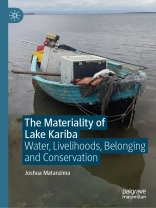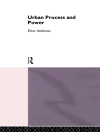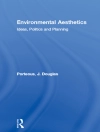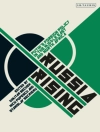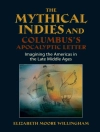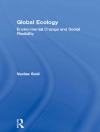This book is an exploration of one of the world’s largest man-made reservoirs, Lake Kariba, created along the Zambezi River in central Africa. Originally built for electricity generation, as the lake reached its full capacity in 1963 it attracted other socioeconomic activities such as tourism, recreation, fisheries, and conservation. The material properties of the waterscape (including waves, strong winds, water volumes, deities and aquatic species) have shaped these socioeconomic activities since its creation. Community interpretations of the reservoir feature stories of fear, death, income generation, livelihoods, illegal cross-border trade, religion and everyday conflicts with wild animals. Drawing on extended ethnographic research and the author’s personal experience growing up around Lake Kariba, this empirically-rich book provides a nuanced discussion of the ways in which the waterscape shapes people’s lives and livelihoods. Additionally, the book explores the challenges of sustaining and preserving Lake Kariba’s unique ecosystem amidst environmental pressures and competing demands for resources. Readers will gain a nuanced perspective of the significance of the lake, its relationship with neighboring communities, and its evolution over time.
Tabela de Conteúdo
Chapter 1: Introduction.- Chapter 2: The Historical and Political Geography of the Kariba Dam.- Chapter 3: The People of the Zambezi Valley: interactions between migrants and locals in and around the Lake Kariba.- Chapter 4: The Religious Divide: Exploring Religious Conflict and Resource Disputes at Lake Kariba.- Chapter 5: Negative human- wildlife Interactions in and around Lake Kariba.- Chapter 6: Hydro-accidents and fatalities in the Lake Kariba.- Chapter 7: Nature- based tourism at Lake Kariba amidst politico- economic crises, climate change and COVID-19.- Chapter 8: Commercial and Small-Scale Fishing at Lake Kariba.- Chapter 9: Smuggling and (I)llegal cross border trade across the Lake Kariba borderlands.- Chapter 10: Conclusion: Towards mitigating the challenges faced by humans at Lake Kariba.
Sobre o autor
Joshua Matanzima (Ph D) is a Research Officer at the University of Queensland, Australia. He has co-edited several books including
Lived Experiences of Borderland Communities in Zimbabwe and
Tonga Livelihoods in Rural Zimbabwe.
